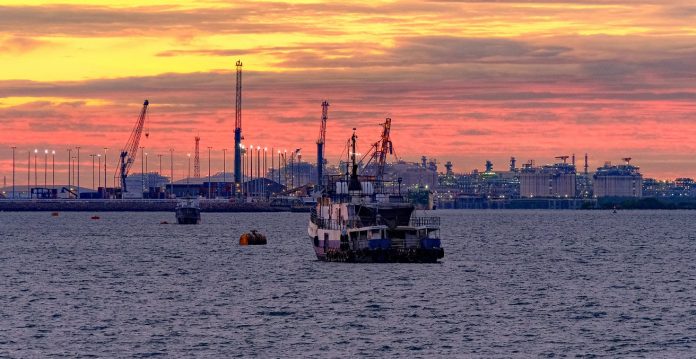By Raelene Lockhorst*
Chinese companies own or operate at least one port on every continent except Antarctica. These investments present more than immediate security concerns; they position China to fully exploit the economic potential of ports at the expense of other countries.
And with Chinese companies controlling development of a port, the government in Beijing can interfere in physical development of the facility, perhaps to ensure that navally useful infrastructure isn’t built. (The Australian Strategic Policy Institute. The Strategist.)

